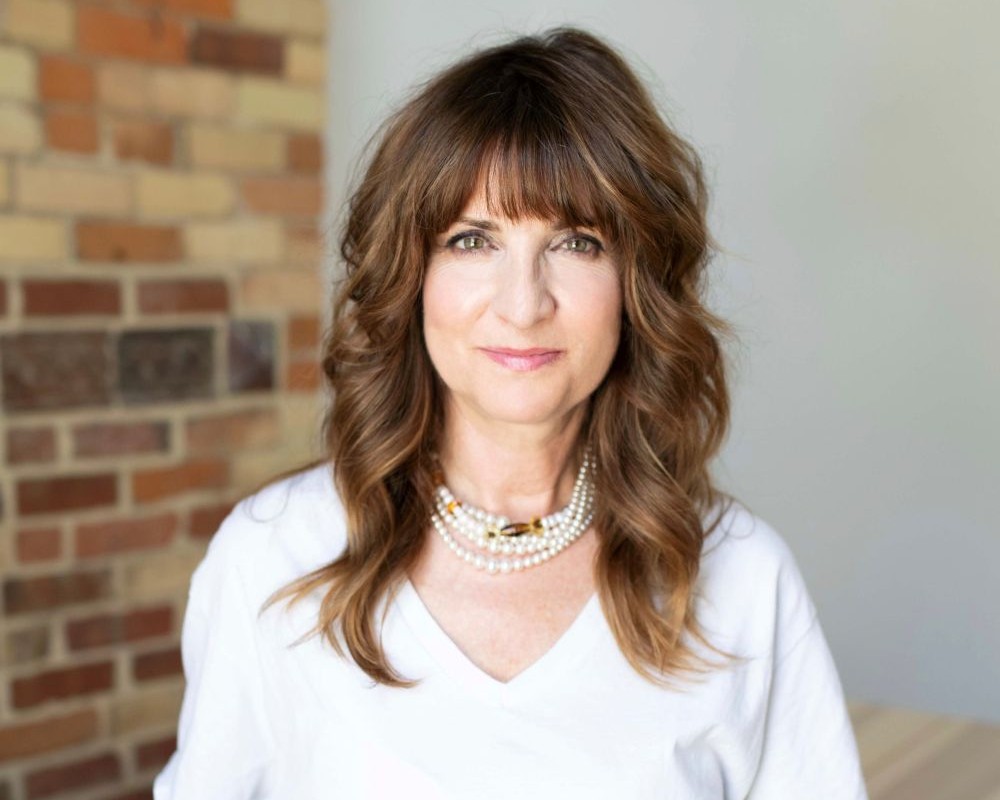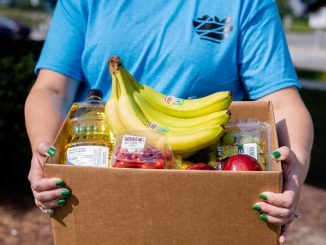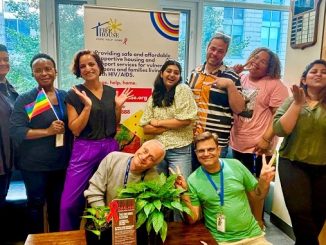We speak with Karen Francis, Executive Director and Founder of The Nyakim Project, a Toronto-based non-profit dedicated to breaking down barriers to education for children in remote regions of Kenya. With their holistic approach that provides school placement, meals, healthcare, and ongoing support, The Nyakim Project ensures students in Kilifi have the resources they need to stay in school and thrive. Francis shares the story behind the organization’s beginnings, its impact so far, and how readers can get involved in creating brighter futures for these children.

Describe your charity/non-profit/volunteer work in a few sentences.
The Nyakim Project is a Toronto-based non-profit ensuring children in remote areas of Kenya can access education. Working alongside local educators and administrators, we take a holistic approach covering school placement, meals, emergency healthcare, and practical support so students can learn and thrive. We believe the gift of education transforms lives, supports families, and strengthens communities.
What problem does it aim to solve?
On Kenya’s coast, in the rural region of Kilifi, life is very different from the country’s urban centres. Many children leave school early or never attend because their families can’t afford the school fees or the cost of a uniform and other essential materials. Illness or an emergency can keep them out of class for weeks. The Nyakim Project works alongside our Kenyan partners to remove these barriers by covering school costs, providing lunches, and ensuring access to basic healthcare so students can stay in school, focus on their studies, and imagine a brighter future instead of worrying about their next meal.
When did you start/join it?
Although The Nyakim Project officially began in 2024, the roots go back many years. As the former Executive Director of Matthew House Toronto, an organization supporting refugees, I saw firsthand the lengths families would go to so their children could attend school. Later, during a visit to Kakuma refugee camp in Kenya, I met a young girl named Nyakim and heard directly from students about their dreams and the barriers they faced. Those conversations stayed with me and ultimately led to creating The Nyakim Project, focused on removing those barriers for students in Kenya.
What made you want to get involved?
Meeting Nyakim in Kakuma refugee camp was a turning point for me. Before that, I had spent years working with newcomer and refugee families in Toronto and had witnessed parents make the ultimate sacrifice, sending their children abroad to access education, not knowing if they would ever see them again. It was an act of profound love and hope, but also of heartbreak, revealing just how far families will go to secure a future for their children. Hearing Nyakim’s story, a young girl whose only wish was to go to school, brought that truth into sharp focus. After supporting Nyakim’s education and watching her grow in confidence, ability, and ambition, I knew this kind of transformation should not be the exception. I realized that while we couldn’t remove every barrier, we could help dismantle some of them. That conviction grew into The Nyakim Project, so children in Kilifi can access not just education, but the food, healthcare, and support they need to stay in school and thrive.
What was the situation like when you started?
When I first arrived in Kilifi, I was struck by how deeply the cycles of poverty affect daily life. Kilifi is one of the poorest counties in Kenya. For families living on the margins, their economic position within the community often precludes their children from accessing an education. Many struggle to secure proper nutrition and clean water, making school an impossible priority. Only 13% of primary students here reach secondary school. For many, education feels like an unattainable luxury, and breaking that cycle requires removing every barrier that stands between a child and their chance to learn.
How has it changed since?
We are taking a holistic approach to keeping children in school. For each student, The Nyakim Project covers school placement and fees, provides uniforms and lunches, and steps in with emergency healthcare when needed. We work directly with local educators and community leaders, who know the students and their families best, to identify those most at risk. This partnership ensures that our support is practical, culturally grounded, and responsive to each child’s needs so they can focus on learning, growing, and shaping their own futures.
What more needs to be done?
While we’re seeing real change for the students we support, the need in Kilifi is far greater than what we can currently meet. Thousands of children still face the same barriers, families who can’t afford fees, meals, or uniforms, and limited access to basic healthcare. Expanding our reach means bringing more students into the program and strengthening the safety net around them, from consistent nutrition to health checks and mentorship. It also means investing in the capacity of our Kenyan team and partners, who are on the ground every day making this work possible. With steady, committed support, we can ensure that many more children not only get to school, but stay there and succeed.
How can our readers help?
The most impactful way to help is by becoming a monthly donor/partner. Consistent giving allows us to plan ahead and ensure that students have what they need every month of the year to stay in school. Readers can also sign up for our newsletter to follow our students’ progress and see the difference their support makes. And by sharing our work on social media, you help widen the circle of people who believe every child deserves the chance to learn.
Do you have any events coming up?
We recently hosted our inaugural fundraiser, an art collaboration between our students in Kilifi and students across the Toronto District School Board, which was a huge success. The project used art as a bridge to connect young people across borders, and we plan to collaborate again with Toronto schools next year. Looking ahead, we’re organizing a bike-a-thon for spring 2026 to raise funds and awareness for our students in Kilifi. It’s an exciting way for our community here to get active and support education on the Kenyan coast. Your readers can stay tuned by joining our mailing list for more updates and opportunities to get involved.
Where can we follow you?
PAY IT FORWARD: What is an awesome local charity that you love?
Definitely, Matthew House Toronto. After working within this community, I still believe it is one of the most vital services supporting newcomers to Canada.




